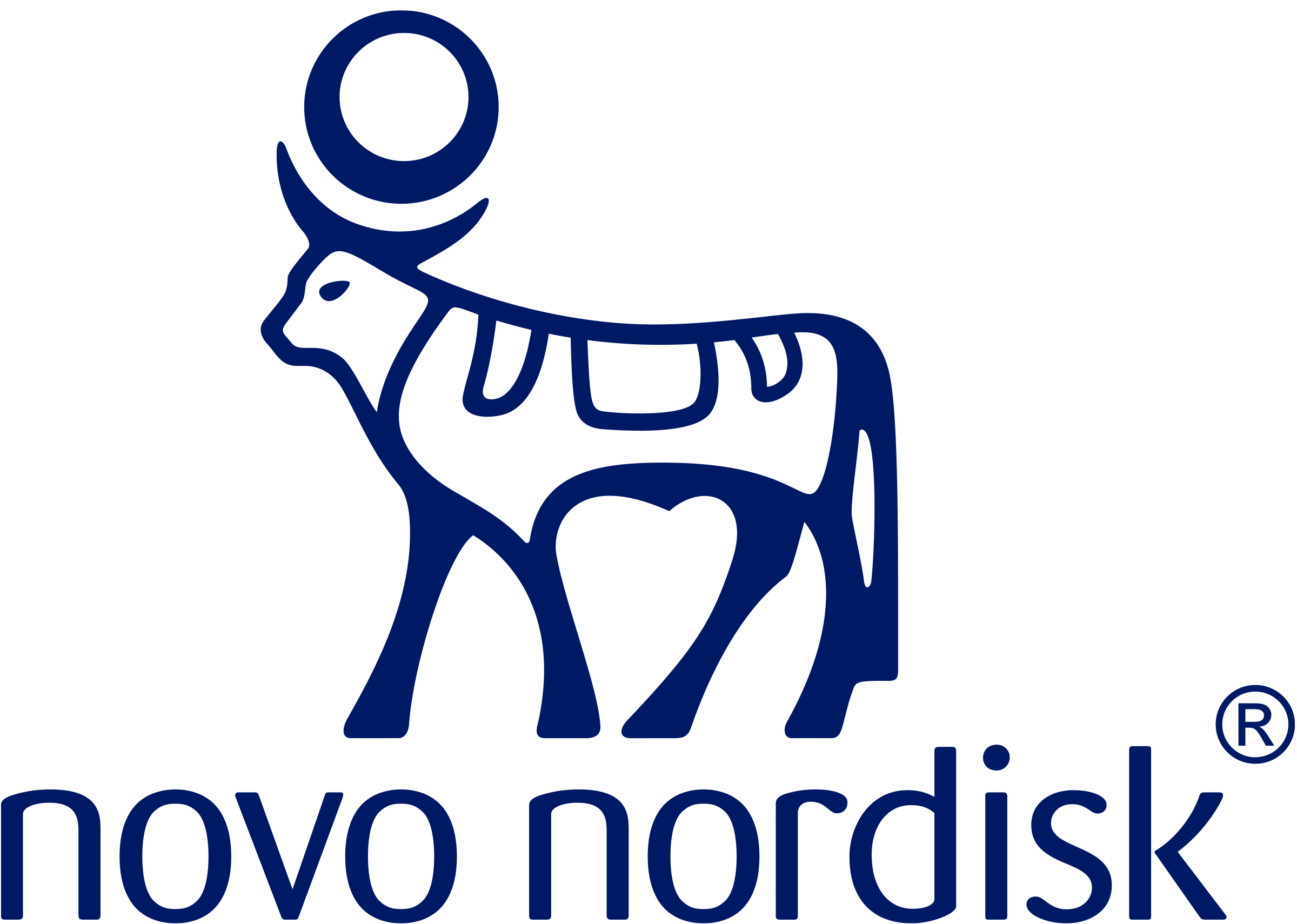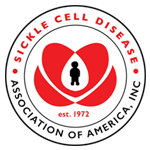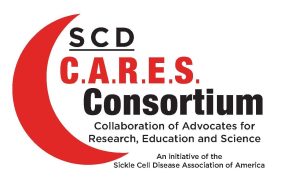
Novo Nordisk is a member of SCDAA’s SCD C.A.R.E.S. Consortium.
At Novo Nordisk, we believe in change. We are parents, colleagues, neighbors and friends — people living with the complexities of serious diseases. And we believe in the combination of science and soul to help nurture each other back to good health. For almost 100 years, we have been driving change to defeat diabetes, which has given us the experience and capability to help defeat other serious chronic diseases, including obesity, hemophilia and growth hormone disorders. We work for a future where lives are not limited—and we do so by pioneering scientific breakthroughs, expanding access to our medicines and working to prevent and ultimately cure the diseases we treat. From our labs to our factory floors, we are discovering and developing innovative biological medicines and making them accessible to patients who need them. The future holds the promise of innovations that will bring greater flexibility and a more holistic approach to the management of serious chronic diseases. Next generation treatments, new digital health solutions, transformational cell therapies and even the hope for curative therapies someday are all part of our efforts to defeat serious chronic diseases. Together with our partners, we are committed to driving change for better health – in our environment, in our laboratories, in our health systems and in our communities. Now, we are leveraging our strong legacy within rare disease to address the unmet needs within hemoglobinopathies. We strive to change the outcomes for people living with SCD and provide innovative treatment options. We are thinking beyond the science to transform people’s lives.
Featured Clinical Trials
HIBISCUS
The Hibiscus Study is evaluating the safety and effectiveness of an investigational medication on treating anemia and reducing the number of annual sickle cell crises in people 12 to 65 years of age with sickle cell disease (SCD).
Who may qualify
Eligible participants must:
- Be 12 to 65 years of age (inclusive).
- Have a confirmed diagnosis of SCD.
- Have had at least 2 pain episodes (vaso-occlusive crises) within the past 12 months.
- Have had no more than 10 pain episodes within the past 12 months.
- Be willing and able to follow all study requirements and study visit schedules.
- Be willing and able to take the assigned study treatment, which is 2 tablets, once a day.
- There are additional eligibility requirements, which the investigator will explain to you.
Additional information is available here.
ASCENT 1
Hemoglobin levels in people living with sickle cell disease are typically lower than the average person. Low hemoglobin levels can cause anemia (less working blood cells within the body) and severe complications such as end-organ damage in sickle cell disease.
In ASCENT 1 a study medicine is being investigated in sickle cell disease that could potentially improve hemoglobin. The study medication is a combination of two molecules: decitabine and tetrahydrouridine.
Participants will be chosen randomly for different treatment options, depending on if they currently receive hydroxyurea.
Participants on hydroxyurea will receive one of the following:
- Study medication once per week
- Study medication twice per week
- Hydroxyurea – patients will continue their current HU treatment
Participants NOT on hydroxyurea will receive one of the following:
- Study medication once per week
- Study medication twice per week
- Placebo
Additional information is available here.
GLADIOLOUS
For the transfusion-dependent sickle cell disease (SCD) and thalassemia groups (Groups A and B), the Gladiolus Study is testing how well the investigational medication works to reduce the number of red blood cell (RBC) transfusions required during the study treatment period compared to the number of RBC transfusions needed prior to taking part in the study. For the thalassemia participants not receiving regular RBC transfusions (Group C), the Gladiolus Study is testing how well the investigational medication works to improve hemoglobin levels and anemia.
The Gladiolus Study will also assess:
- The safety of the investigational medication based on side effects, laboratory tests, physical exams, and other clinical measures in the study.
- The effects of the investigational medication on the amount of iron in the body.
- How the investigational medication behaves in the body (called pharmacokinetics [PK]) during the study.
- How the investigational medication impacts participants’ quality of life.
The total length of participation is up to 58 weeks, which is just over one year. During this time, participants will attend approximately 14 study visits over three periods: the screening period, the study treatment period, and an end-of-study visit four weeks after the last dose of the investigational medication.
Additional information is available here.
Follow Novo Nordisk on social media
 |
The SCD C.A.R.E.S. Consortium aims to change the perception of clinical trials and increase the participation of sickle cell patients in clinical trials to ultimately provide more therapies to the SCD community. Together, the consortium works together to educate and encourage more trial participation while providing opportunities and better options for the treatment of sickle cell disease.

